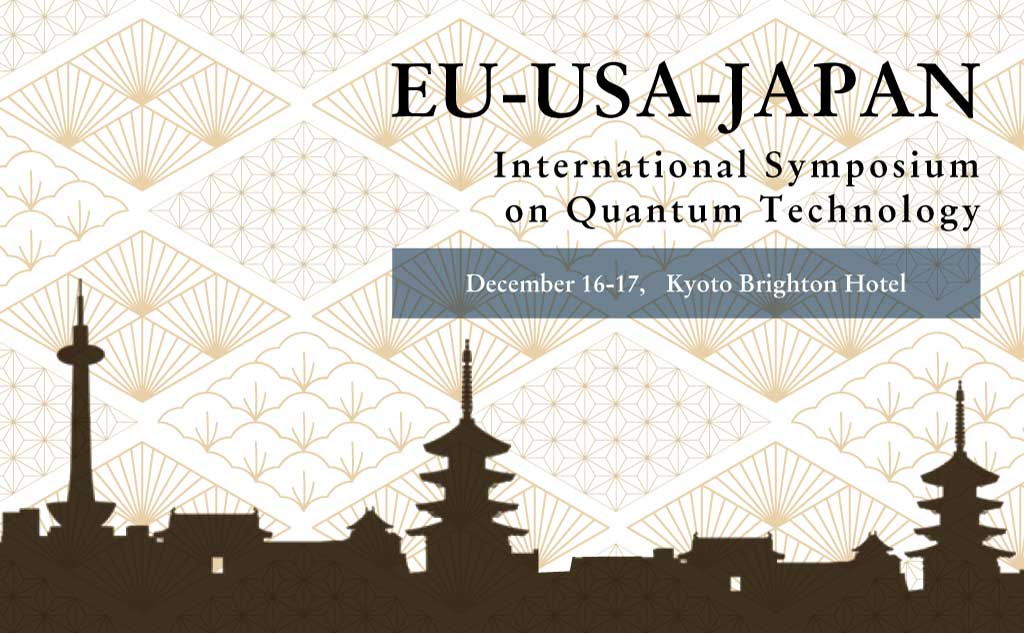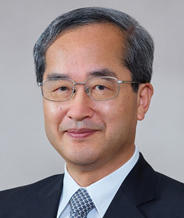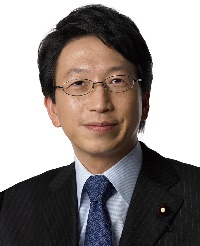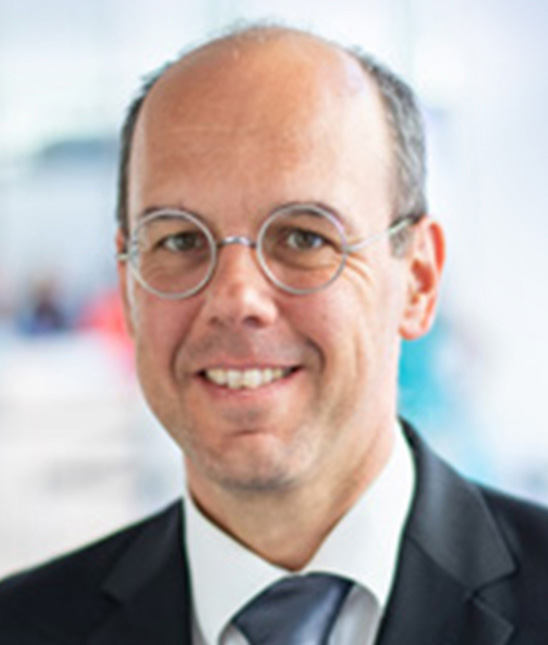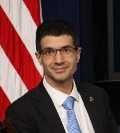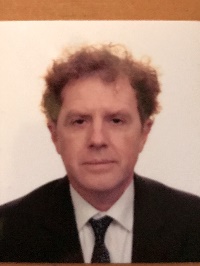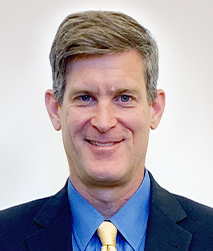Yasuhiko Arakawa
Institute for Nano Quantum Information Electronics, The University of Tokyo
Yasuhiko Arakawa received his PhD degree in Electrical Engineering from The University of Tokyo in 1980. He was an assistant professor in 1980 and an Associate Professor in 1981 at The University of Tokyo. He became a full Professor, the Institute of Industrial Science, The University of Tokyo in 1993. In 2018, he has been a Specially-Appointed Professor and a Professor Emeritus at The University of Tokyo. He is currently a Program Director of the MEXT Q-LEAP and the Supervisor of the CREST Quantum Technology. His main research field is quantum dot photonics, including physics of quantum dots, quantum dot lasers, single photon sources, semiconductor cavity-QED and silicon photonics. He is a Foreign Member of the US National Academy of Engineering (MAE) and the Past President of International Commission for Optics (ICO). He published over 700 journal papers and presented over 400 invited papers at international conferences including over 70 plenaries/keynotes. He received numerous awards, including ISCS Quantum Devices Award in 2002, Leo Esaki Award in 2004, IEEE/LEOS William Streifer Award in 2006, Fujiwara Award in 2007, IEEE David Sarnoff Award in 2009, Prime Minister Award in 2009, the Medal with Purple Ribbon in 2009, C&C Prize in 2010, Heinrich Welker Award in 2011, OSA Nick Holonyak Jr. Award in 2011, the Japan Academy Prize in 2017 and IEEE Jun-ichi Nishizawa Medal in 2018. He is a Fellow of IEEE. OSA, IEICE and JSAP.


